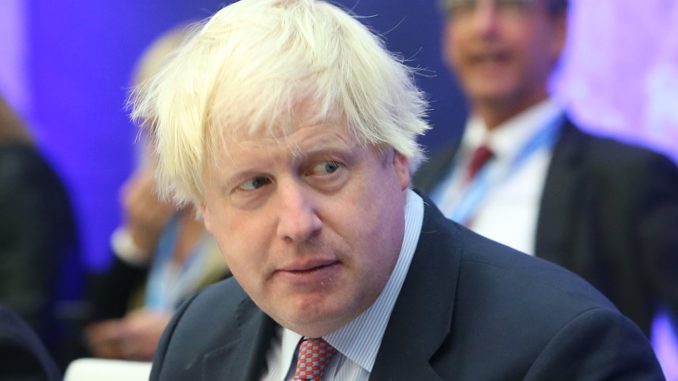
With the spectacle of the American Presidential election, other significant events are being overshadowed. One of those events, Brexit, has effectively begged to be forgotten through a series of delays, squabbles, incremental changes and rule interpretations. Despite all of the extensions, the UK’s departure from the European Union is still happening. They officially split months ago, and have, on paper, through the end of December to complete the transition period.
The transition is meant to allow for seamless operations of trade and local governance, but instead much of the time has been taken by political maneuvering and negotiation difficulties. A “hard Brexit”, one in which the UK leaves without a concrete trade agreement, seemed very likely only a few weeks ago after the UK passed the Internal Market Bill, which centralizes power over all UK nations in London.
Since then, the bill has continued to raise concerns. Scotland, for example, is showing in polls sponsored by The National to favor a referendum removing it from the United Kingdom. (It must be noted that such a policy is a motivating force behind The National, and the poll questions may have been skewed toward such a result. That said, the polls seem to back other indicators of public sentiment.) The EU, after issuing an ultimatum on the bill, has backed off of its threat to end negotiations but is pressing for abandonment of the legislation.
This is the political situation as it stands on Brexit, with the EU not yet abandoning talks but in preparations to do so and the UK attempting to assuage concerns about overreach and dominance without actually relinquishing any of the control they’re seizing.
But… political situations are not merely international, they’re national. Tories have managed to counter their internal slide in domestic popularity by pressing their case against EU rules and promising continued prosperity with no significant costs for the populace of the UK. This argument has had success in part because the financial hit associated with Brexit has been redirected into a financial hit because of COVID-19.
This has enabled Boris Johnson to continue to promise benefits with little in the way of negative repercussions. As the end of the transition approaches, the UK is starting to take necessary actions. New construction is in progress in Kent county, southeast of London, where huge bus terminals are due to be ready by January to allow trade to be focused through that county. Promised “huge protests” over the spring and summer months failed to materialize, often bringing forth less than two dozen ecological activists. With the advent of construction complaints have been far more prominent, as people who were not particularly enthusiastic about preserving empty meadows are pushing back against giant bus terminals and road congestion.
Johnson faces unusual threats to Tory dominance in Kent, and the rest of Great Britain, if he cannot satisfy constituents regarding the trade disputes and cannot produce a beneficial trade agreement with the eventual winner of the current Presidential election. His chances are not looking especially good.
